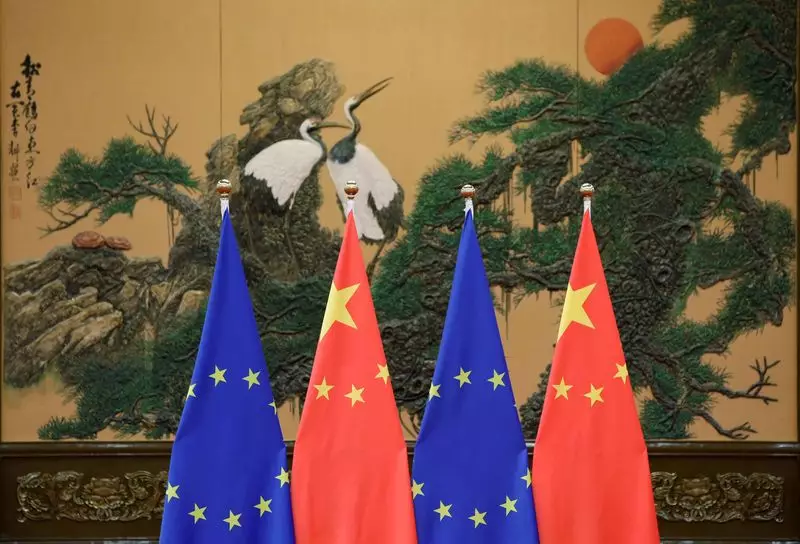Beijing is pushing the European Union to eliminate its preliminary tariffs on Chinese electric vehicles before the July 4 deadline. These tariffs, ranging up to 38.1%, are scheduled to come into effect on July 4 as the EU investigates alleged excessive and unfair subsidies to Chinese electric vehicle manufacturers. China has been urging the EU to cancel these tariffs and has shown a willingness to engage in negotiations to resolve the issue and avoid another tariff war. This move from Beijing comes in the wake of the Trump administration’s imposition of tariffs on Chinese goods, which had a significant impact on China’s economy.
Trade Talks Between EU and China
Both the European Union and China have agreed to restart trade talks following a call between EU Commissioner Valdis Dombrovskis and Chinese Commerce Minister Wang Wentao. The talks were initiated during a visit to China by Germany’s economy minister, who emphasized that the doors for discussion are open. The primary objective of these talks is to persuade the EU to withdraw its tariff decision before the July 4 deadline. The Global Times reported that failure to reach a resolution could result in a lose-lose situation for both parties due to escalating trade frictions.
The European Union has become more protective in its trade policies, expressing concerns about China flooding its market with cheap goods. This shift in stance is attributed to China’s development model, which has a production-focused approach aimed at boosting exports amid weak domestic demand. Despite China’s denial of unfair subsidies or overcapacity issues, the EU remains skeptical. The tensions between the two sides escalated when the European Parliament decided to freeze the ratification of a significant investment treaty due to human rights concerns in China’s Xinjiang region.
While Beijing is advocating for dialogue to resolve the tariff issue, it has also hinted at retaliatory measures if the EU refuses to retract the tariffs. China has emphasized that it holds Brussels responsible for the escalating tensions and is prepared to implement retaliatory actions. The Global Times reported that China is considering various retaliatory measures, such as anti-dumping investigations into European imports like pork, dairy products, and tariffs on petrol cars with large engines. These actions could potentially lead to increased tariffs on European-made cars and threaten more agricultural products in the future.
The ongoing trade tensions between China and the EU highlight the complexities and challenges of international trade relations. Both sides are aiming to protect their interests while seeking a mutually beneficial resolution to the tariff dispute. The outcome of the upcoming trade talks will determine the future direction of the trade relationship between China and the EU.

